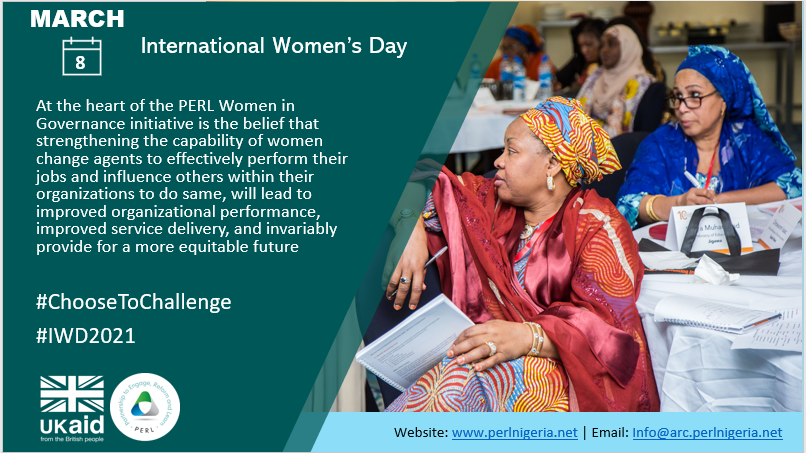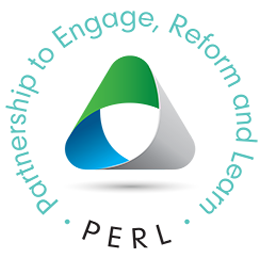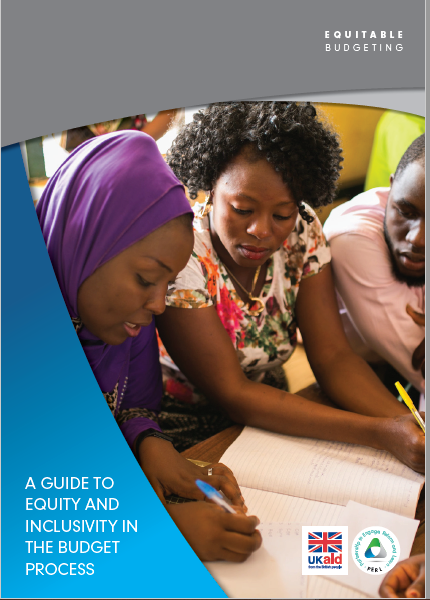
(March 8, 2021: Abuja) The Partnership to Engage, Reform, and Learn (PERL) join the rest of the world, to celebrate women who have chosen to rise to the challenges in every sphere of life. This year’s International Women’s Day presents the opportunity for PERL to celebrate the efforts of the members of its Women in Governance (WinG) Community of Practice (CoP), to bring change to their various organizations across Nigeria.
They are doing this by choosing to challenge existing gender inequalities in the public sector, and in the delivery of public goods and services. We are proud that the 2021 International Women’s Day marks one week since the resumption of a Nigerian and the first African woman in office as the Director General of the World Trade Organisation (WTO). We celebrate Dr Ngozi Okonjo-Iweala, her success and the success of every woman who is thinking about change in their sphere of performance.
The Women in Governance initiative promotes and strengthens women change agents – women who have influence and power in the public sector. We are helping these women to have a far greater impact in their work. One key area that the PERL programme and its partners, particularly members of the WinG CoP, have chosen to challenge is the way that budgets are prepared, implemented and reported on in Nigeria. Through the initiative, WinG CoP members are working to ensure that budgets are equitable in their own areas of influence. We have seen this at work in Abia State, while initial steps are being taken by the Ministry of Water Resources in Borno State.
“We are taking budgets to new levels, recognizing the differential impacts of budgets and policies on men and women. With this thinking, we focus on strengthening the capacity of our partners to drive more equitable policies, plans and budgets and reach the understanding that real impact must be equitable”, said the Gender and Social Inclusion Advisor, PERL-ARC, Titilope Fakoya.
The budget is the statement that determines how a state, an institution or a person plans to spend their money. It literally translates into ‘putting your money where your mouth is’. As such, the disaggregation of money (resources) to sectors not only discloses what resources are available but is also an indication of government priorities. When budgets become equitable, not only will they reduce conflict, but they will also demonstrate the value accorded to every single member of society. This means that we value men, women, youth, children, people living with disabilities and the aged equally.
In collaboration with the PERL Public Financial Management (PFM) team, whose work is deeply entrenched in the budget cycle, the Gender and Social Inclusion team through the WinG CoP are confronting the myth that things cannot change. We choose to challenge through our gender and social inclusion approach, which intrinsically opens spaces in traditionally closed technical fields to favour an interdisciplinary perspective to governance reforms.
In celebrating this year’s International Women’s Day, we are challenging the rest of the world to begin to think about equity in the way that they carry out their policies, plans, strategies and budgets. We are also releasing our documentary on equitable budgeting titled: ‘A More Equitable Future’ accompanied by our ‘Equitable Budgeting Guide’. The documentary outlines the steps taken by Abia State in the preparation of their 2020 and 2021 budgets, as they begin to work towards equitable allocation of resources and equitable implementation of their budgets. This gives us a lot of pride in what our partners are doing.
A Guide to Equity and Inclusivity in the Budget Process
This guide describes practices that Nigerian States can adopt to develop and implement gender equitable and socially inclusive (GESI) budgets and provides step-by-step directions and tools to make the task easier. In order to make the guide useful, descriptions of the budget process and tools are made simple and straightforward.

